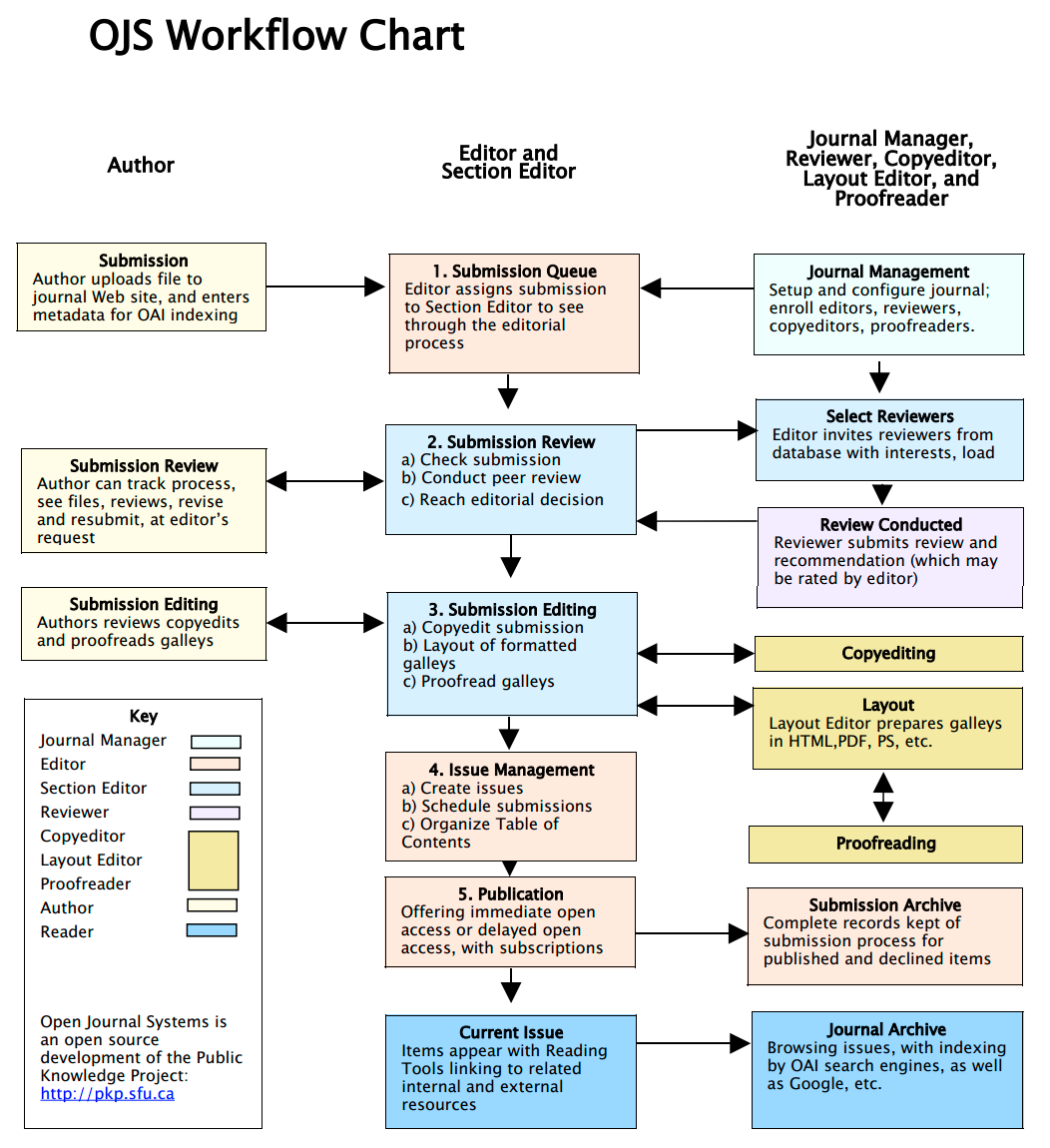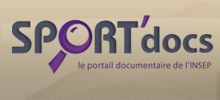
European Journal of Human Movement EISSN: 2386-4095
Journal edited by Spanish Sport Science Association.
Editor-in-Chief: Manuel Moya Ramón
The main aim of the European Journal of Human Movement is to publish research findings, theoretical and technical studies, short papers, etc., which are carried out in all the areas of the field of Sport Science: Physical Activity and Health, Adapted Physical Activity, Performance Analysis in Sport, Sports Biomechanics, Motor Control, Physical Education and Sport Teaching, Sports Training, Exercise Physiology, Sports Management, Sports Nutrition, Sports Psychology and Sociology of Sport. The work must be original, unpublished and not be under consideration by any other journal for publication and written in English. The author is the only party responsible for assertions made in his or her article.
The journal is focused to researchers and professionals from Sports Science. The following types of work will be considered for publication: original research studies, bibliographic reviews and technical notes.
Originals. Articles: Original research manuscripts. The journal will consider all original research manuscripts provided that the work supplies an appreciable amount of new information and reports scientifically sound experiments. Authors should not unnecessarily divide their work into several related manuscripts, although Short Communications of preliminary, but significant, results will be considered. Quality and impact of the study will be considered during peer review.
Reviews. These provide updates on the latest progress made in a given area of research in a concise and precise form.
Technical notes: They will describe, in an abridged form, new techniques or novel tools within the Sport Science area. The maximum length will be 20 pages, admitting tables and figures.
Case reports: These research works can present up-close, in-depth, and detailed examination of a particular individual, usually describing new or uncommon conditions that could serve to enhance science knowledge in a specific area.
Timelines
Submission
The work submitted will be accompanied by a cover letter, which will request the evaluation of the work for its publication in the Journal, expressly indicating that the work has not been published previously and that it has only been sent to the European Journal of Human Movement for evaluation and publication, if appropriate, as well as contributions in terms of the original and novel nature of the work, in the author's opinion.
It will include:
Review process
The editorial committee will consider the work for publication in the journal if it conforms to the coverage of the journal and satisfies the publication standards. In this case it will undergo an external review.
Manuscripts will be reviewed anonymously (double-blinded) by at least two experts in the study subject and/or methodology used. If two of the evaluators have differing opinions, the works will be sent to a third evaluator. With the report of the three reviewers, the Area Editor will make a final decision on their acceptance, the need for a new authors' review or final rejection of the article. In no case, will the authors know the identity of the reviewers, the same as the reviewers will not know the identity of the authors. The protocol used by the journal reviewers is made public as an annex to these standards.
Original articles, short papers and reviews will be submitted for external paired review. Reviewed works that are considered for publication following modification, must be returned within less than 15 days, both in the case of minor or major corrections being requested. The authors will receive the reviewers’ evaluation reports, in an anonymous manner, so that they can (where appropriate), make the respective corrections or replies.
In general, once the external reports have been viewed, the decision regarding acceptance-rejection of the work by the editorial staff of the Journal will be based on the following factors: a) originality: totally original, valuable information, repetition of known findings; b) topicality and novelty; c) relevance: applicability of the findings to solve specific problems; d) significance: advancement of scientific knowledge; e) scientific reliability and validity: proven methodological quality; f) presentation: well written, organised (logic consistency and material presentation).
The acceptance, acceptance with changes or rejection of the work will be notified within three months at the latest following the acceptance for review by the journal (normally less if there is agreement between the evaluators). In the case of a review with major amendments, a new review process will be established.
Publication
The author(s) of accepted articles will receive the printing proofs for correction by e-mail (in a pdf document. They must correct and return them to the editorial staff of the journal by e-mail within 72 hours after their receipt. Only minimum corrections can be made to the content of the original manuscript without incurring in any additional cost.
Once a work has been accepted, the number in which the article will be published and the date of publication will be provided.
OJS Schema Management System

Biannual publication. June and December.
This journal provides open access to its content, based on the principle that offering the public free access to research studies helps towards a better global exchange of knowledge.
Readers may freely read, download, copy, print, search, or link to the full texts of articles.
To improve and facilitate the reviewing process of the manuscripts received, the protocol to be followed by external reviewers is set out below, so that the authors are familiar with the aspects of the evaluation that their manuscripts will be submitted to.
Letter to reviewer
Dear reviewer, the purpose of the enclosed model is to help you carry out your evaluation but by no means limit it. The evaluator can add any aspects he or she considers appropriate to this protocol, if possible, along the line of one of the bases of the Peer Review- That is, to improve the formal presentation and scientific contents of the manuscript when this deserves a favourable evaluation
Submit to the assessment platform once reviewed.
|
Instructions for the Evaluator (Before making to the evaluation, I accept or reject it, taking into account the following considerations) |
Accept/Reject |
|
I am qualified as an expert to evaluate the subject dealt with in the manuscript |
|
|
Follow the enclosed protocol as a guide to prepare the content, style and format of the review, specific aspects of the original that I must evaluate and those that I must ignore, always being respectful to the authors |
|
|
Return the manuscript after I have read it and issued the report |
|
|
Submit a report within 30 days at the latest |
|
|
Declare any conflict of personal, academic, research, economic or financial interest regarding the manuscript. |
|
|
Maintain confidentiality regarding the manuscript and the review |
|
|
Know the journal’s recognition compensations |
|
|
REVIEW MODEL |
|||||||||||||||||||||||||||||||||||||||||||||||||||||||||||||||||||||||||||||||||||||||||||||||||||||||||||||||||||||||||
|
IDENTIFICATION |
|||||||||||||||||||||||||||||||||||||||||||||||||||||||||||||||||||||||||||||||||||||||||||||||||||||||||||||||||||||||||
|
Manuscript Ref. No.:
Title: |
Evaluator: Date sent to evaluator: Date returned: |
||||||||||||||||||||||||||||||||||||||||||||||||||||||||||||||||||||||||||||||||||||||||||||||||||||||||||||||||||||||||
|
RECOMMENDATION |
|||||||||||||||||||||||||||||||||||||||||||||||||||||||||||||||||||||||||||||||||||||||||||||||||||||||||||||||||||||||||
|
|
|||||||||||||||||||||||||||||||||||||||||||||||||||||||||||||||||||||||||||||||||||||||||||||||||||||||||||||||||||||||||
|
GLOBAL EVALUATION OF THE QUALITY, ORGINALITY AND RELEVANCE OF THE WORK |
|||||||||||||||||||||||||||||||||||||||||||||||||||||||||||||||||||||||||||||||||||||||||||||||||||||||||||||||||||||||||
|
|
|||||||||||||||||||||||||||||||||||||||||||||||||||||||||||||||||||||||||||||||||||||||||||||||||||||||||||||||||||||||||
|
TECHNICAL AND SCIENTIFIC ASPECTS |
|||||||||||||||||||||||||||||||||||||||||||||||||||||||||||||||||||||||||||||||||||||||||||||||||||||||||||||||||||||||||
|
|
|||||||||||||||||||||||||||||||||||||||||||||||||||||||||||||||||||||||||||||||||||||||||||||||||||||||||||||||||||||||||
Editor- in-Chief
Fernando del Villar Álvarez. University Rey Juan Carlos of Madrid. fernando.delvillar@urjc.es
Manuel Moya Ramón. Miguel Hernández University of Elche. mmoya@umh.es
 |
REDIB | |
 |
ERIH PLUS | |
 |
DOAJ | |
 |
Catálogo latindex |
|
 |
|
|
 |
ISOC | |
 |
Dialnet | |
 |
Rebiun |
|
 |
|
|
 |
Sport'Docs |
|
 |
Dulcinea | |
 |
SportDoc | |
 |
Copac | |
 |
Redalyc | |
 |
ZDB |
The EJHM with ISSN: 2386-4095 is a publication of the Spanish Association of Sport Science, continuation of the journal Motricidad: European Journal of Human Movement, which was published between 1994 and 2014. The EJHM has been published under this name without interruption since 2014 on a six-monthbasis. It is an arbitrated journal that uses an external review system by peers who have knowledge of the objects investigated and the methodologies used in the research. It adopts and adheres to the publication standards established by the American Psychological Association in its sixth edition.
